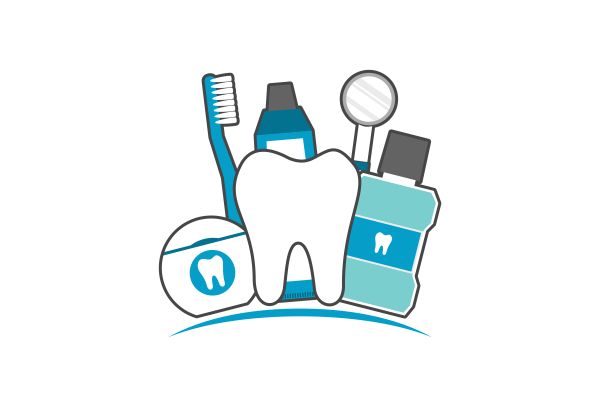Halitosis Treatment in Albuquerque

Everyone experiences bad breath from time to time, but halitosis happens to be consistent, which can cause a lot of problems for a person. However, there is hope! Halitosis treatment in Albuquerque is possible. Want to know what halitosis treatments are available in Albuquerque? We are here to help. This article highlights what treatment can do for bad breath as well as what treatments are available in Albuquerque. Keep reading to find out all that you should know about halitosis treatment.
Halitosis treatment in Albuquerque
The treatment options listed below can help treat, manage and remedy bad breath. We also dive into what the treatment can do for the halitosis.
Bacteria-killing mouthwash
A dentist in Albuquerque may recommend a bacteria-killing mouthwash as a way to treat halitosis. A lot of people’s halitosis is a result of bacteria growth or buildup within a person’s mouth. Certain mouthwashes can instantly kill bacteria which can significantly help improve a person’s bad breath. There are even some mouthwashes that can treat halitosis in Albuquerque. Mouthwash will freshen the breath and kill the bacteria that are present, thus helping to manage the halitosis.
Bacteria-killing toothpaste
Just like with mouthwashes, there are also kinds of toothpaste that can treat halitosis in Albuquerque. These kinds of toothpaste contain antibacterial agents that kill the bacteria and can help improve the teeth and gums. Once the teeth and gums are properly cared for, the bacteria is likely going to disperse, which will also improve the halitosis.
Gum disease evaluation
A lot of halitosis occurs because a person has gum disease, which can cause an immense amount of bad breath. Gum disease can be a result of a lot of bacteria buildup within the mouth, sometimes along the gum line and sometimes around the teeth. When the gums become diseased, they begin to put off a foul smell, hence the halitosis. If a dentist diagnosis a person with gum disease, then they will likely need to undergo treatment to remedy it. A dentist in Albuquerque will perform an intensive cleaning, a scaling procedure or even oral surgery to treat the gum disease. Once treated, the halitosis should also begin to reduce on its own.
At home remedies
Dentists in Albuquerque also recommend that people that suffer from halitosis practice a number of at home remedies. These may include brushing after every meal, flossing each day and avoiding pungent foods. Other at-home remedies may include chewing sugar-free gum that can help reduce the foul smell.
Contact us today!
Halitosis is manageable and treatable. With the help of a dentist in Albuquerque, you can control your bad breath. If you have questions about treatment options, then reach out to our office so that we can help you further. Let our trained professionals go over halitosis treatments with you. Give us a call or stop by our office today; we are here to assist!
Request an appointment here: https://familychoicedentistry.com or call Family Choice Dental at (505) 634-5657 for an appointment in our Albuquerque office.
Check out what others are saying about our services on Yelp: Read our Yelp reviews.
Related Posts
If your teeth are spaced irregularly, you might not have great self-esteem and may consider trying teeth straightening. Plus, the issue might change your oral hygiene habits. One reason is that food might get stuck in them and be difficult to remove. That can weaken the teeth and gums, leading to complications. Keep reading to…
Dental problems can happen at any time and often require immediate help to relieve pain and avoid potential complications. If you have urgent dental concerns, you might look for an emergency dentist or a same day dentist. Knowing the difference between these dental professionals can help you choose the best option for your needs.An emergency…
A kid-friendly dentist can significantly shape a child's perspective on oral care by making visits pleasant, approachable, and even enjoyable. Early experiences have a lasting effect on a child's attitude toward brushing, flossing, and maintaining routine checkups. When children feel calm and supported during dental appointments, they are more likely to maintain good habits and…
An implant dentist provides a wide range of services to restore oral health, enhance smiles, and improve overall dental function. These dental providers specialize in dental implants, a reliable and long-lasting solution for missing teeth. From placement to aftercare, the services offered by an implant dentist are designed to meet each patient’s dental needs.Dental implants…
